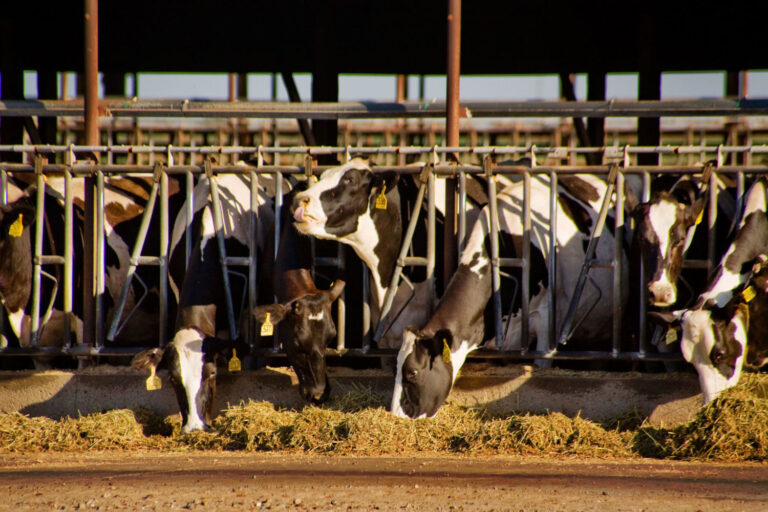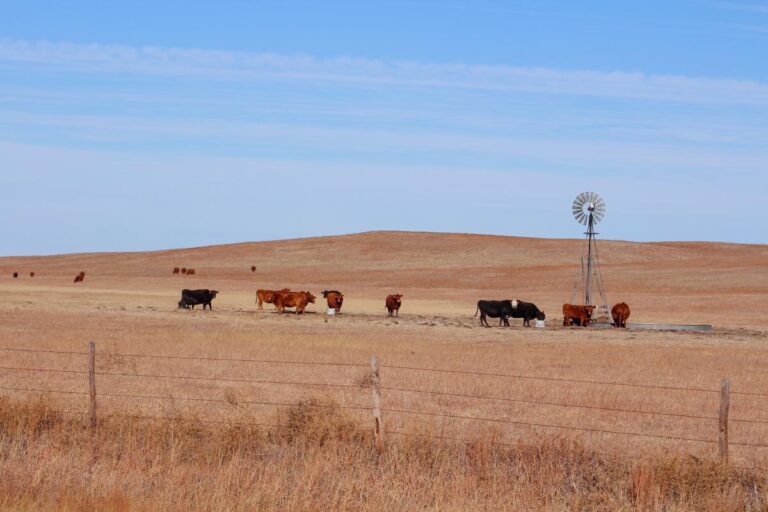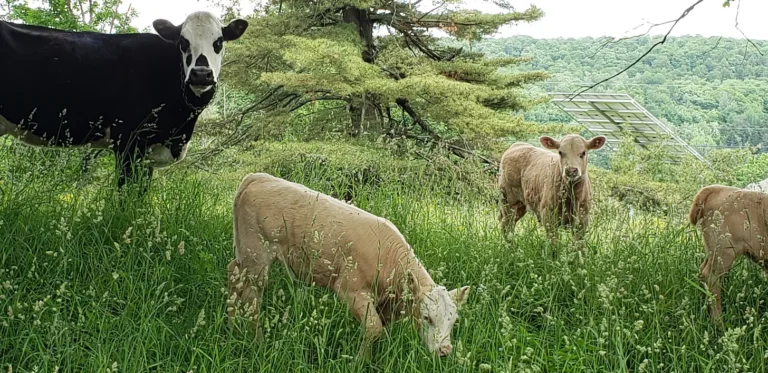Fearing ‘climate change,’ Ireland moves to kill the cows
Ireland has announced plans to cull hundreds of thousands of cows to comply with European Union climate policy. Similar initiatives in Belgium and the Netherlands ensure that beef prices will rise, but these proposals offer little environmental benefit. Indeed, cows are the heroes, not the villains, in rescuing the climate.









